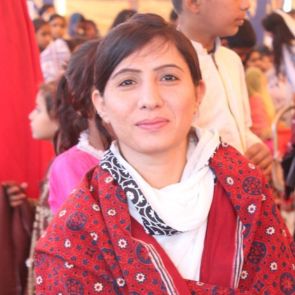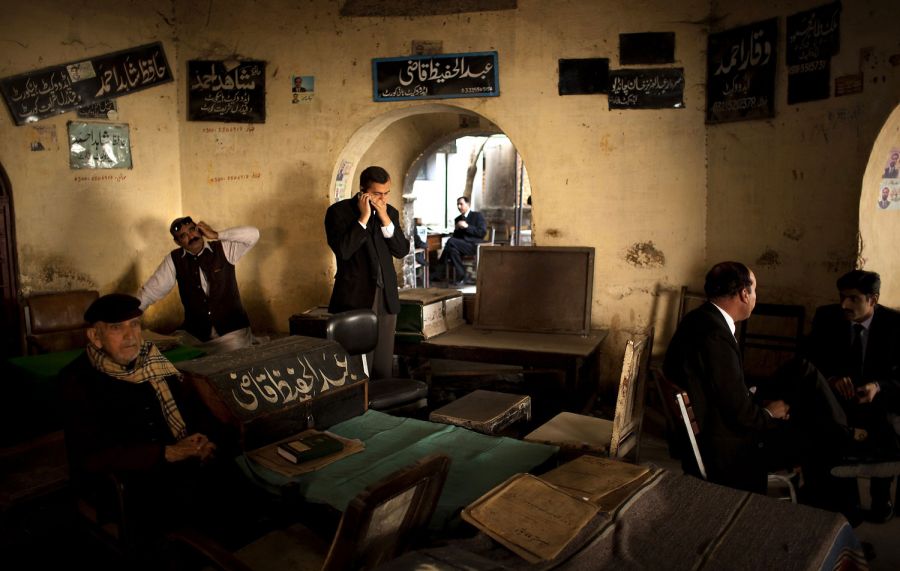
Sorath Lohar
Sorath Lohar is a Pakistani woman human rights defender from Sindh province. She is the co-founder of the Voice of Missing Persons of Sindh, an organization aimed at supporting victims of enforced diappearences and their families to seek justice. Her human rights work is motivated by her own experience as a relative of the disappeared - when her father Hidayat Lohar was forcibly disappeared in 2017. Sasui Lohar continued her campaigns for justice and against violations even after her father’s release in 2019. The women human rights defender has been active since 2014 supporting other victims and families to seek redress and to end the crime of enforced disappearances in Sindh.
Sorath Lohar has faced repeated reprisals including legal persecution, surveillance, threats and harassment linked to her work. On 17 January 2022 a First Information Report (FIR) was filed against Sorath Lohar and her sister Sasui Lohar accusing them of being anti-national and acting against the interest of the state. This case has since been closed due to lack of evidence. The CTD has also falsely accused Sorath Lohar of receiving foreign funds for her organization, allegations the woman human rights defender denies. The woman human rights defender’s family have also been targeted due to her work. In April 2023, Sorath Lohar’s father was abducted and questioned at an unknown location for several hours about his daughter’s human rights work. On 16 February 2024 the woman human rights defender’s father was killed by unidentified perpetrators as he was traveling to work. Sorath Lohar and her sister Sasui Lohar are engaged in a campaign for justice in his case and believe that his killing is a reprisal against their peaceful human rights work.


